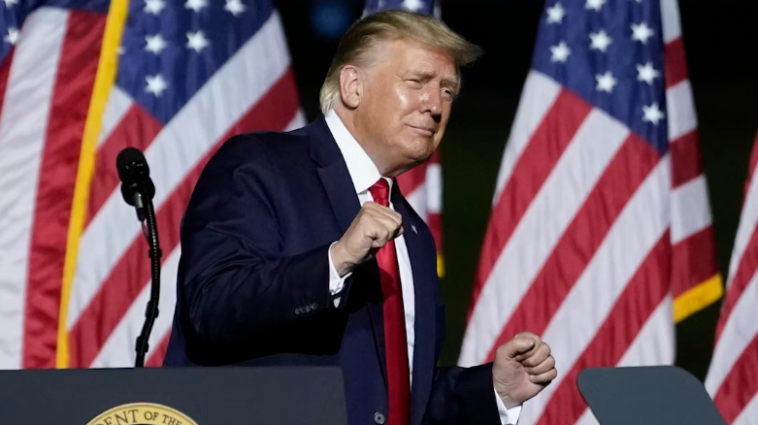Victor Willis, a founding member of the Village People and co-writer of the iconic 1978 hit “Y.M.C.A.,” has spoken out in defense of President-elect Donald Trump’s frequent use of the song at campaign rallies. Willis dismissed the notion that the song is inherently a “gay anthem,” arguing that its original intent and lyrics were far more universal.
In a detailed Facebook post, Willis explained that the song was inspired by his observations of the Young Men’s Christian Association (Y.M.C.A.) and its role as a community hub. According to Willis, phrases like “hang out with all the boys” were commonly used in the 1970s black community to refer to men socializing, without any specific sexual connotation. “I didn’t even know what a gay anthem was when I wrote it,” Willis stated, expressing frustration over decades of assumptions about the song’s meaning.
Willis also took issue with the persistent labeling of “Y.M.C.A.” as a gay anthem, calling such interpretations “damaging to the song.” He emphasized that the lyrics do not inherently convey gay connotations and hinted at potential legal action against media outlets that perpetuate what he considers a mischaracterization. “The song was meant to celebrate the Y.M.C.A. as a place where people could gather, exercise, and connect,” Willis explained.
Trump’s repeated use of the song during rallies has drawn both criticism and curiosity, with many questioning whether it aligns with the song’s perceived cultural significance. Willis addressed concerns raised by over a thousand individuals about Trump’s association with “Y.M.C.A.,” initially describing it as a “nuisance.” However, he acknowledged the unexpected benefits of the song’s renewed popularity, noting that “Y.M.C.A.” recently reached the number one spot on a Billboard chart for the first time in over 45 years, a resurgence he attributes directly to its inclusion at Trump’s events.
Interestingly, this marks a departure from Willis’s previous stance in 2020, when he withdrew permission for Trump to use the song over disagreements regarding the administration’s handling of Black Lives Matter protests. Willis now appears to have reconciled the song’s newfound association with Trump, focusing instead on its financial and cultural impact.
The defense of Trump’s use of “Y.M.C.A.” highlights Willis’s broader frustration with attempts to pigeonhole the song into a narrow cultural narrative. “It’s a song for everyone,” he stated, underscoring his original vision for its universal appeal. Whether intended or not, Trump’s adoption of “Y.M.C.A.” has breathed new life into a decades-old hit, sparking renewed debate over its meaning and place in pop culture history.


